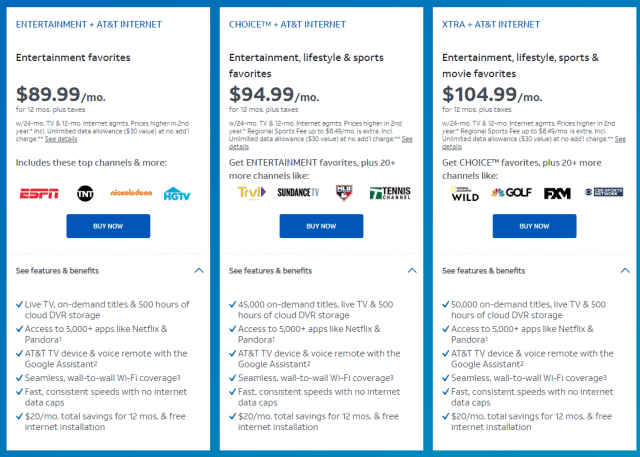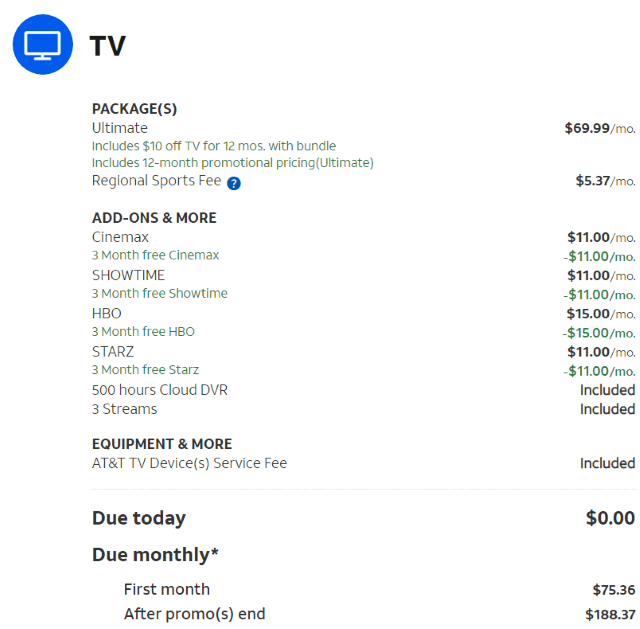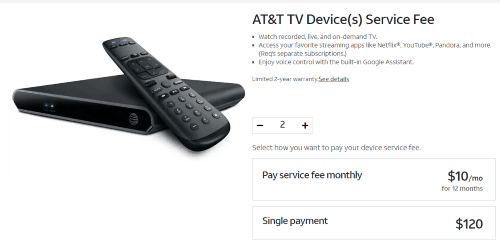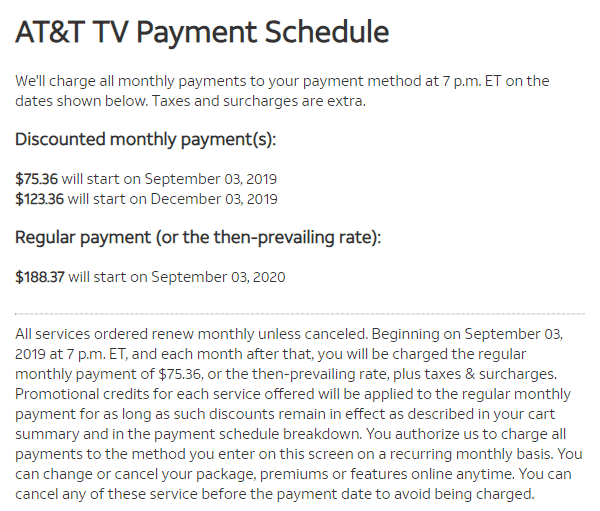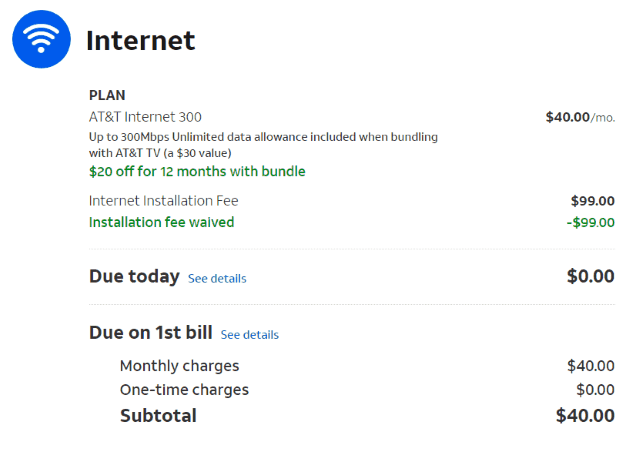 More Californians are complaining to state officials about their cable television, internet, and phone service than the energy utilities implicated in causing deadly wildfires that left customers without power for days or weeks.
More Californians are complaining to state officials about their cable television, internet, and phone service than the energy utilities implicated in causing deadly wildfires that left customers without power for days or weeks.
California’s Office of Senate Floor Analyses prepared a report for elected officials contemplating extending deregulation of the state’s top telecommunications companies. It found deregulation has not always benefited California consumers, noting that several companies have been fined for allowing traditional phone service to fall below required service quality standards. As service deteriorates, lawmakers have tied the hands of state officials trying to enforce what service standards still exist. The report found that the telecom industry has been especially good at covering itself through lobbying and litigation to isolate and disempower consumers seeking redress.
“Many companies, including telecommunications providers, include arbitration clauses in their contracts that limit a consumer’s ability to form a class with other consumers to seek remedies for unfair business practices related to contracts,” the report notes. “These clauses frequently limit consumers to a specified arbitration process that limits the types of remedies consumers can obtain for unfair business practices.”
Customers with unreliable phone service pursuing complaints on the federal level with the Federal Communications Commission have also been dealt a blow by the Trump Administration and its Republican majority control of the FCC.
“It is unclear what kind of remedies consumers can obtain since the FCC has adopted an order limiting its own ability to establish requirements for these services,” the report found.
Deregulation has not stopped Californians from trying to get help from the California Public Utility Commission (CPUC), however. The CPUC’s Customer Affairs Branch recorded 1,087 complaints about the state’s phone and cable companies in January 2019, compared with 677 complaints against the state’s energy utilities and 53 lodged against water utilities.

The CPUC’s Customer Affairs Branch reported communications-related complaints were significantly higher than other utilities. (Image: California Office of Senate Floor Analyses)
“Despite the occurrence of wildfires in which utility infrastructure was implicated, complaints regarding energy utilities remained largely consistent between November 2018 and January 2019,” the report found. “The data indicates that the communications sector generates a greater number of complaints to the CPUC than other utility sectors on average, and a much greater percentage of those complaints are for customer issues over which the CPUC has no regulatory jurisdiction.”
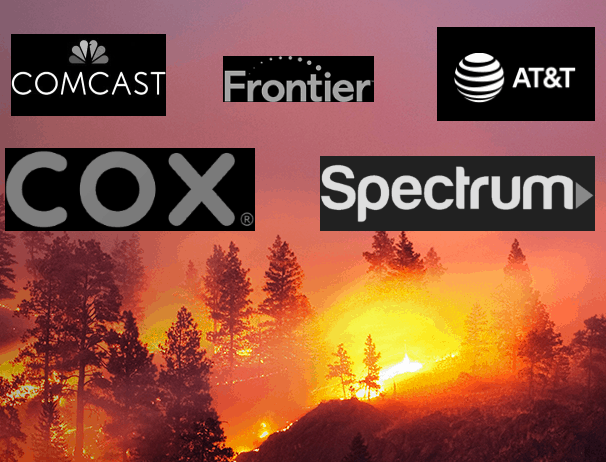 Earlier this year, California’s largest investor-owned utility, Pacific Gas & Electric (PG&E), filed for bankruptcy protection after estimating it was liable for more than $30 billion in damages from recent wildfires. An investigation found equipment owned by PG&E was responsible for starting the worst wildfire in California history. The November 2018 Camp Fire killed 85 people and destroyed the town of Paradise. Yet the Customer Affairs Branch received fewer complaints about PG&E than it received regarding AT&T, Charter Spectrum, Frontier, Cox, and Comcast XFINITY.
Earlier this year, California’s largest investor-owned utility, Pacific Gas & Electric (PG&E), filed for bankruptcy protection after estimating it was liable for more than $30 billion in damages from recent wildfires. An investigation found equipment owned by PG&E was responsible for starting the worst wildfire in California history. The November 2018 Camp Fire killed 85 people and destroyed the town of Paradise. Yet the Customer Affairs Branch received fewer complaints about PG&E than it received regarding AT&T, Charter Spectrum, Frontier, Cox, and Comcast XFINITY.
Unintended consequences of deregulation have also caused several high profile scandals among telecom companies in the state. Some of the worst offenses were committed by cable and phone companies that further traumatized victims of catastrophic wildfires. An effort to implement new consumer protections for fire victims forced to relocate met fierce resistance from cable and telephone industry lobbyists. Some of those same telecom companies continued to bill wildfire victims for months for service at addresses that no longer existed. AT&T even billed customers that died in the fires.
A recent San Francisco Superior Court decision (Gruber v. Yelp) also found another consequence of deregulation. A judge ruled The California Invasion of Privacy Act (CIPA) does not apply to calls made or received on “digital” phone lines better known as Voice over IP (VoIP). The judge found that since the CPUC does not regulate VoIP calls, and such calls are not legally defined as a traditional phone call, CIPA cannot apply.
More than six months after devastating wildfires swept across the North Bay in 2017, AT&T was still billing customers that died in that fire. KGO-TV reports. (3:31)
After promising to never again erroneously bill wildfire victims, AT&T did it again to those traumatized by the 2018 Camp Fire that killed 85 people and wiped the town of Paradise off the map. KOVR in Sacramento reports on one family pleading with AT&T to stop billing them for landline service at an address that no longer exists. (2:15)


 Subscribe
Subscribe The Walt Disney Co., is
The Walt Disney Co., is  The last contract renewal DirecTV signed with Disney was in late 2014. It is likely AT&T’s acquisition of DirecTV allowed the company to combine its U-verse and streaming agreements with the much larger contract with the satellite TV company, with AT&T’s combined carriage agreement likely to expire on Sept. 30, 2019.
The last contract renewal DirecTV signed with Disney was in late 2014. It is likely AT&T’s acquisition of DirecTV allowed the company to combine its U-verse and streaming agreements with the much larger contract with the satellite TV company, with AT&T’s combined carriage agreement likely to expire on Sept. 30, 2019.
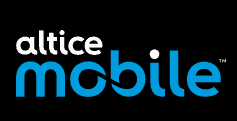 Altice
Altice 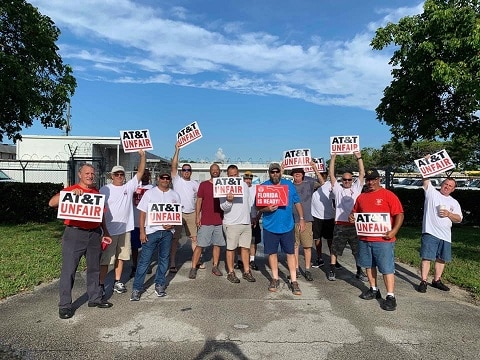
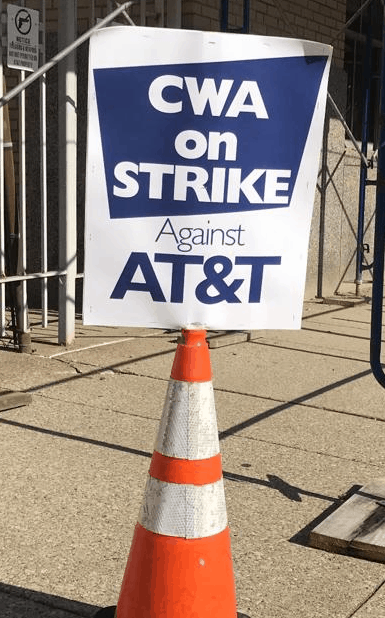 Young
Young 
